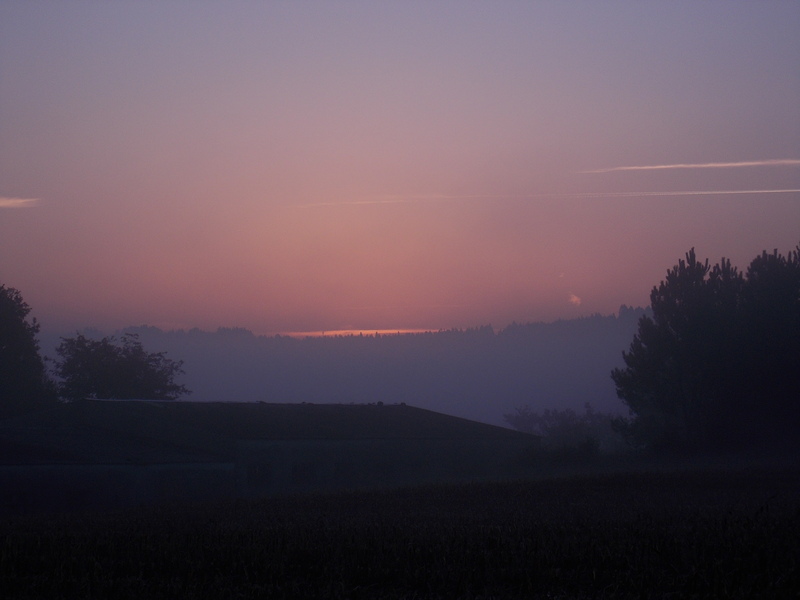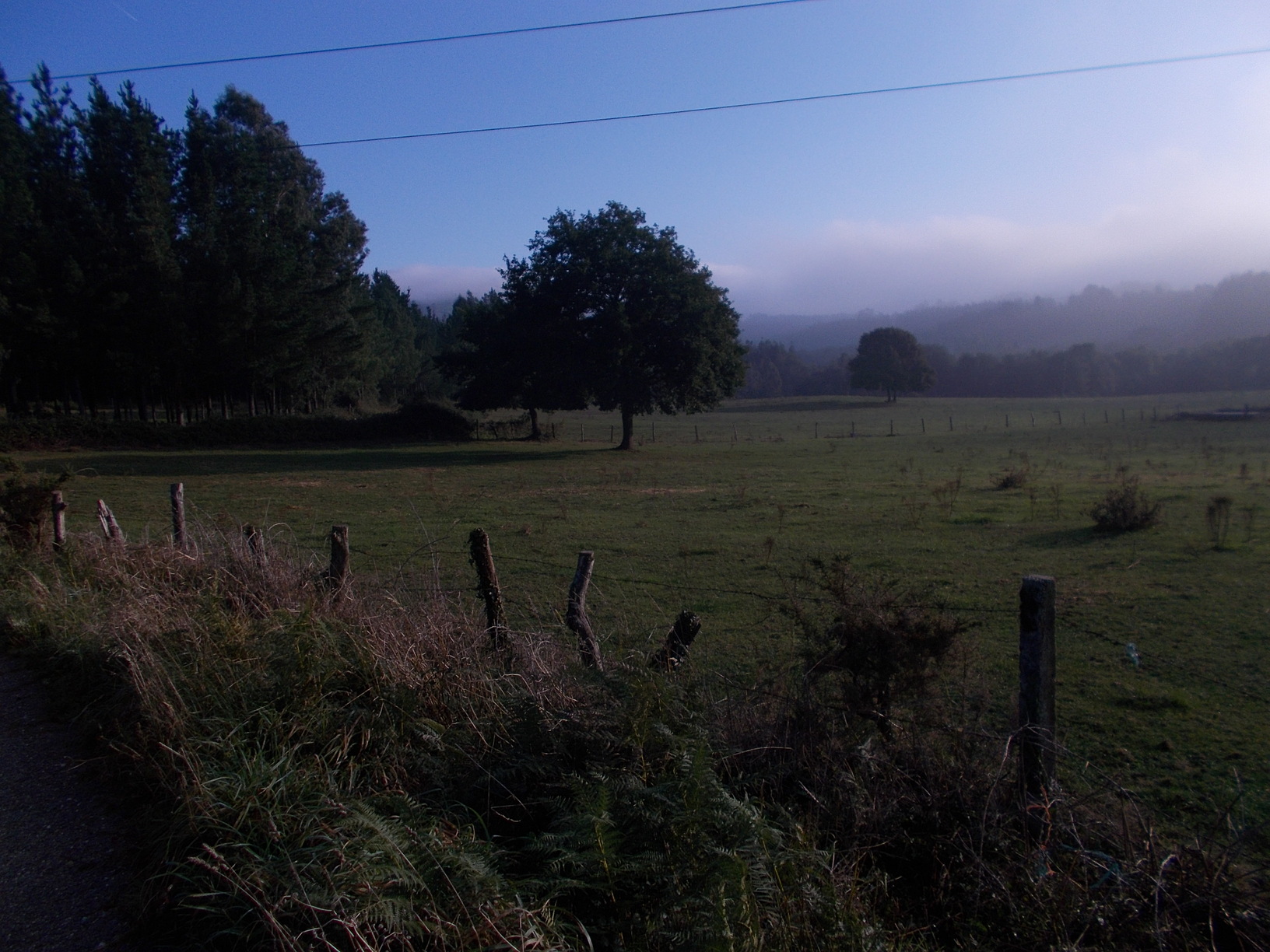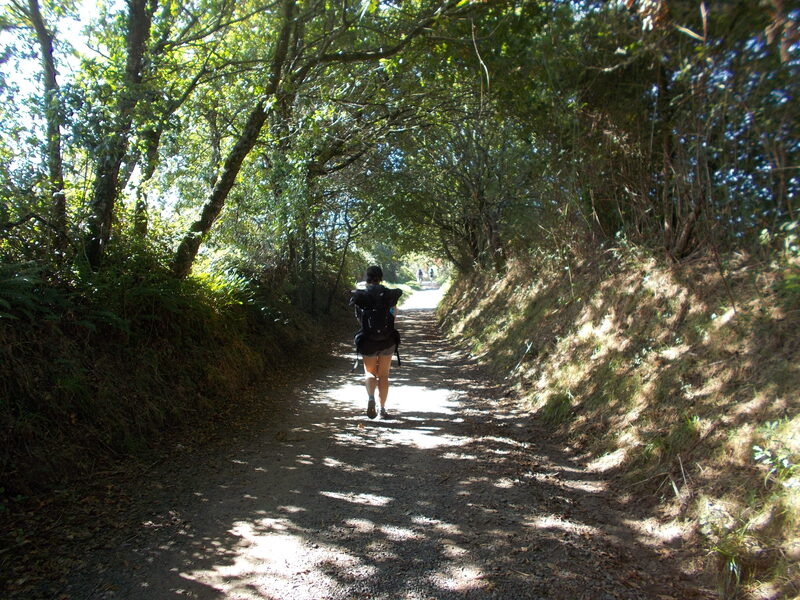Following any of the pilgrimage routes in Spain, you will come across albergues with different labels. “Publico”, “Privado”, “Municipal”, “Donativo”, or “Parroquial” are the five main common words you will find next to the name of a pilgrim hostel. And while each place is unique, and you cannot judge some hostel for pilgrims just because it is “parochial” or “private”, it is true that we can find a few common characteristic for each type of pilgrim accommodation in Spain. Knowing them should help you decide whether or not this is the place where you want to stay for a night. In this article we will look at the “parroquial albergues” or parochial pilgrim hostels, and what typically characterizes this type of pilgrim accommodation.
To start with, let me give you a brief answer: Parochial pilgrim hostel is simply a pilgrim hostel run by a religious institution, most often a monastery or a convent, but it can be also run by a catholic charity, group of catholic enthusiasts in a town, or simply by a parsonage and its personnel. There are dozens of such albergues all around Spain, but you will find the biggest number of “parroquial albergues” on the most famous route, the Camino Frances. Let’s have a look at typical characteristics of these places.
Table of Contents
Parochial pilgrim hostels are on a low end (or donation-based) when it comes to price
The first thing that may interest you is the price. If you’re on budget, or simply prefer to spend as little as possible on accommodation in Spain, you’ll love parochial albergues. Because in most cases they are donation-based, that means you give as much as you can and feel like to (you can check my article about donativo albergues here). And if they have a sum you should pay for a night, which is the case in about 30%-40% of such places (in my personal experience), you will rarely pay more than eight euro for the bed and shower.
Just before we move to the next characteristic, I want to emphasize that you shouldn’t try to take advantage of the generosity of people who run these places. If you can afford making a generous donation, do it. Nuns or monks or volunteers aren’t going to spend your money in bars or brothels… They will use them to make the place better for other pilgrims, so every euro donated here is in my opinion money well-spent.
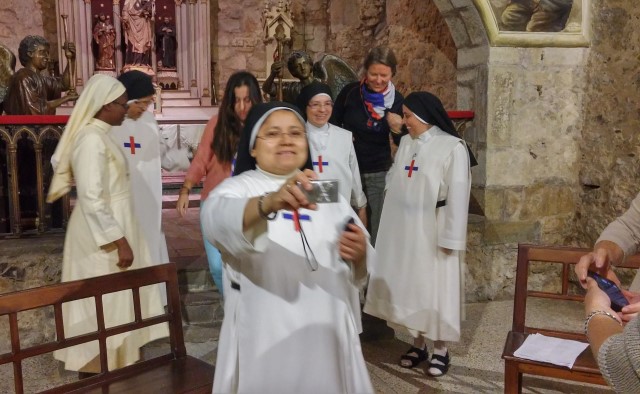
– Evening prayers with the local nuns in the pilgrim hostel in the convent of Laredo (Camino del Norte). As you can see, even nuns like to take a picture (or pose for one) sometimes :).
Religious services are typical for parochial albergues
People running these places (or volunteering there) are people of strong Christian faith. Exception just proves the rule. It should not surprise you that they almost always run some religious service for pilgrims, either in the evening (typically before dinner) or in the morning (early enough, so pilgrims can attend before they start the walk). What kind of service I am talking about?
Well, it depends on the place. They can celebrate an evening mass with pilgrim blessing at the end of the ceremony, they can run evening prayers (vespers), or morning prayers, but I’ve also experienced pilgrims singing religious songs with monks in Spanish, and other rather unexpected events. From what I can tell most of these religious rituals are worth experiencing, even if you aren’t catholic. However, if you are allergic to religion and do not want to feel forced to take part in something similar (in reality they do not force you to participate, but some people may feel that way when you are reminded several times about the service), parroquial albergues likely aren’t your thing, and you should look for other accommodation in the town.
Pilgrims typically eat together in parochial albergues, but do not expect miracles when it comes to the meals 🙂
I’ve always loved communal dinners in pilgrim hostels, sharing food with other pilgrims and making connections. Great thing about parochial albergues is that many of them run communal dinners–roughly two thirds do, based on my personal experience. This is excellent if you seek company, or walk the Camino alone (as I almost always do), since it allows you to spend some quality time with other pilgrims. As you can imagine, it isn’t difficult making connection with others in such a setting.
However, and this is something I want to stress, if you have special dietary needs (think gluten free, vegan, or others), or if you are into quality dining, that means you want to enjoy some good food while walking the Camino, parochial albergues are really a hit and miss here. I had some great dinners in pilgrim hostels run by religious institutions, but it is also true that I had three out of five worst-ever dinners on the Camino in parochial albergues.
Now I do not want so sound snobbish or ungrateful. Any dinner is better than none, and what would many starving people in the world give for a single potato? I thanked even for the bad dinners, or when as a vegetarian I got only that big half-cooked potato (since they had no vegetables) and went to bed hungry. My sole objective here is to explain how parochial albergues work, and what you can expect, since at the end of the day you also have some expectations (and dietary needs and preferences), and you better know what you may get there…
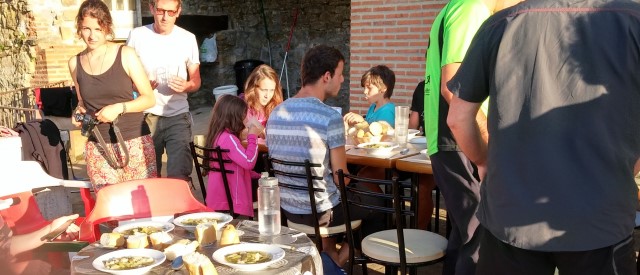
– Communal dinner in a parochial albergue in Monasterio Zenarruza (Camino del Norte). The head monk here is vegan and into healthy eating, so you do not have to be worried about unhealthy or low quality food in this place… Eating on the terrace in an evening sun just adds to the beauty of the experience.
Basic facilities and sometimes lack of bathrooms
For some pilgrims (including myself) living without certain material comforts is an integral part of every pilgrimage. If you also like basic albergues, that means simple clean bunk beds with old soft mattresses that aren’t particularly comfortable to sleep on, and twenty people in the same room, you will love parochial albergues. These places are maintained in traditional way, because twenty years ago all pilgrim places looked like this. Nowadays, many private pilgrim hostels easily beat mid-range hotels in comfort, with ample beds, curtains for privacy, and massage shower heads. You’re not going to experience such things in albergue parroquial.
Having said that, each coin has two sides. Simple traditional sleeping place is one thing, a single toilet for thirty people another. What I’ve observed in many parochial albergues along the Caminos is that the number of bathrooms just isn’t adequate for the number of pilgrims. Sure, one can wait for a shower, even for an hour or two. But when you need to poop in the morning and there is queue of five pilgrims in front of a single toilet, something is wrong here.
Now I do not say that this is the case every time, and of course it also depends on the season. The fact that a pilgrim hostel has a capacity of thirty pilgrims (and just one toilet) doesn’t mean that thirty pilgrims sleep there each night. It can be only five or ten, and in such a case a single toilet or shower does not pose a serious threat (even in the morning when we all need to use the bathroom). But if the place is full it is a major problem, so you should consider this when deciding whether or not to stay in a parochial albergue.
Parochial pilgrim hostels typically close early in the evening and you have to leave early in the morning
Another thing you may want to consider are opening and closing hours of the albergue. With most public and privately owned albergues, you can come back either any time you want, or at least the place does not close before 10pm or 11pm. And you can typically leave anytime in the morning until nine or even ten or eleven o’clock, should you want to enjoy a longer sleep (or sleep at least for a few hours once most people are gone, if someone snored heavily during the night and you could not sleep). This is not the case with parochial albergues.
Monks, nuns, and even priests have a good reason to ask you to leave early in the morning (typically before 8 o’clock, but I stayed in a a few parochial albergues where I had to leave before 7am and once even before 6am). They have their routines, prayers, works they do during the day. They helped you, you spent a night at their place, but now it is time to leave and return to the path… It makes a lot of sense to me, so does the early closure of the place (often before 9pm). Unless you come back by that time you will have to sleep outside, or in some hotel in town, since the doors will be closed (some other pilgrims may let you in, but I would not suggest you to rely on it).
This makes a lot of sense too, since we are in Spain to walk and to grow spiritually, not to spend nights in bars and clubs :). But on some occasions you may want to enjoy a long night out, or at least a late dinner or drink and come back at eleven for example. Maybe this is the last evening with your pilgrim friends (before they depart back home or change their way) and you want to celebrate a bit… In such a case a parochial albergue isn’t a wise choice, since the opening and closing hours of the place may interfere with your plans. Opt for a private one or stay in a regular tourist/city traveler hostel for the night.
Final thoughts on albergue parroquial on the Camino
One cannot really say that a certain concept of pilgrim hostels is the best one, or that it makes no sense staying in this or that place. Each concept of a pilgrim hostel has some specifics, and it really depends on what you are looking for on your Camino (or at any given evening) whether or not it is the right place for you to stay.
I hope this post helped you to understand the specifics of albergues run by religious institutions, what you can expect and experience in them. Last but not least, you should always remember that exception proves the rule, and what I wrote here is not valid for each and every parochial pilgrim hostel on the Camino :). Thank you for reading!
Matej
May also interest you:



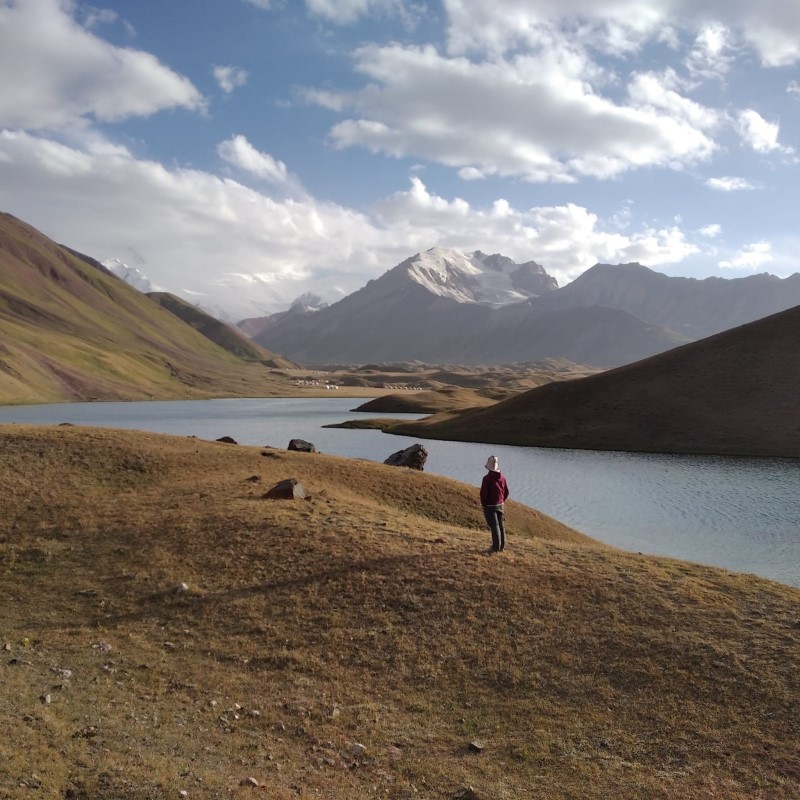
![Ultralight Packing List for Camino de Santiago [2025 Edition]](https://caminolovers.com/wp-content/uploads/2022/03/altra-shoes-640-x-480.jpg)
